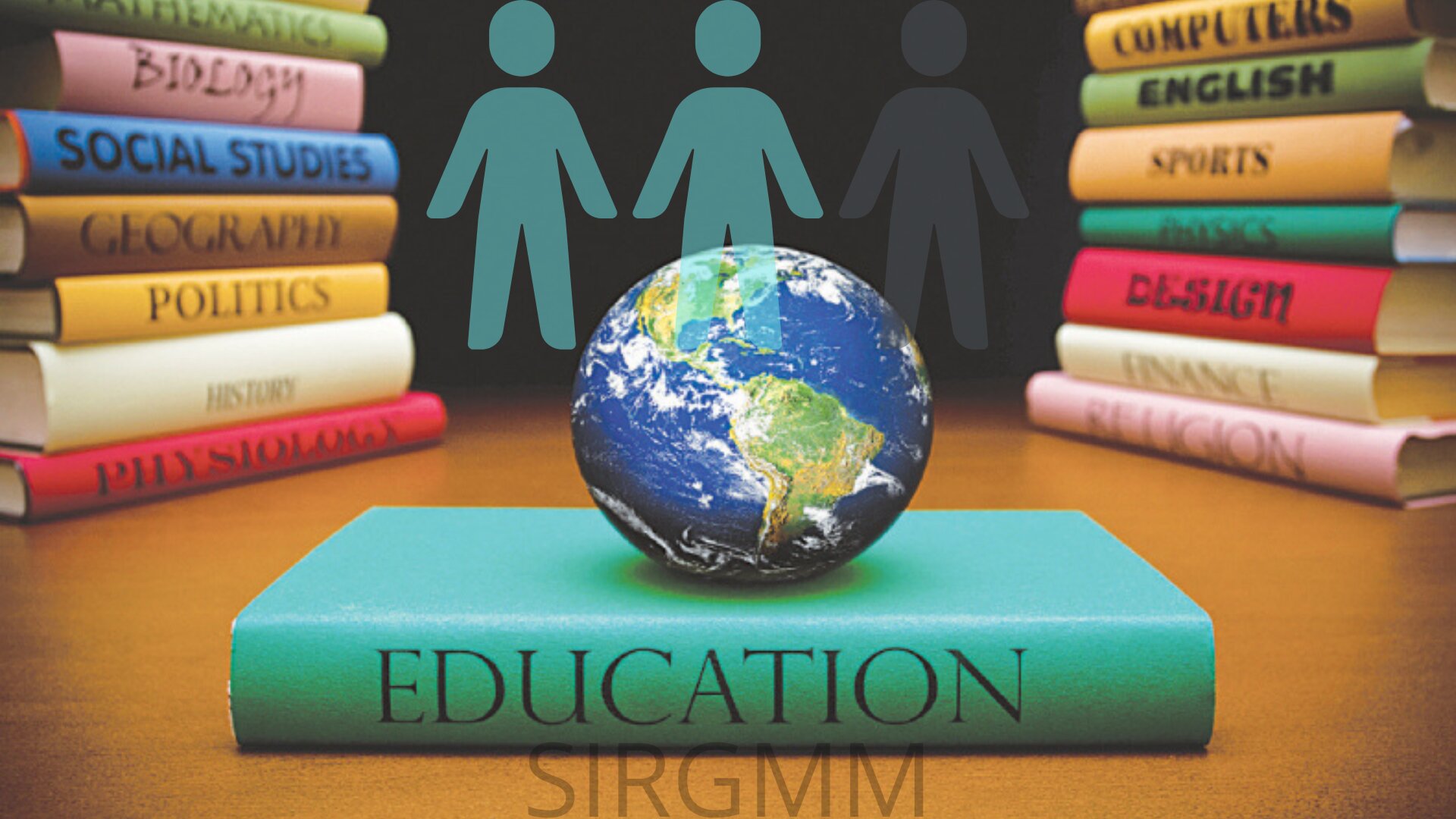Success in life is determined by the quality of education for all individuals. When children are youthful, it can be delicate to see if the academy has an important place and why they should go there. As the parent, the importance of the interest in literacy is to grasp their passion for literacy. Then, we will bandy the vast field of educational benefits for kiddies.
Why is education important for a nation?
Despite progress in the once many times and children are denied education. We must comprehend that education and expansion proceed hand in hand. The part of education in developing nations is a veritably and important bone as lack of education causes deprivation and slow profitable development of a country. Especially if the country is a developing country. Education is veritably and imported for everyone. It is a primary need for youth should have the right to quality education. So that they can have better chances in life, including professional openings and better health.
The part of education in poverty reduction is high for students. Some edges of education are, It boosts profitable growth and increases the GDP of the country. It indeed facilitates the child mortality rate and increases mortal life expectations. Education is an important acquisition in a country as there are huge miracles. Education guarantees continuance revenue; it promotes peace and reduces drop-eschewal rates from seminaries and sodalities, and encourages healthy competition. Numerous children powerhouse form sodalities as they are not apprehensive of the advantages of council education. Education helps in making the right sentiments at the time of conflict.
In India, many demarcations, social stations, destitution, lack of political will, and poor quality of mortal and material coffers leave children with disabilities more vulnerable to being barred from education. Societies must acclimatize their education systems to ensure that these children can get educated and have a better future.
Youngsters have access to quality scholastic programs to achieve better and triumphantly in their lives. The education system in developing countries must be erected in such a way that scholars apply their senses to the development of their country.
Education as a tool for development
Education is our main focus as it’s a key to lifting people out of poverty. Education gives people in poverty the chops to not exclusively make capitalists but also ameliorate their introductory diurnal knowledge. It’s a sustainable tool that doesn’t only help an individual for one day but rather a continuance and can pass down to generations.
Education enriches people’s understanding of themselves and the globe. It improves the quality of their lives and leads to broad social benefits to individualities and society. Education grows an individual’s productivity and ingenuity and promotes entrepreneurship and technological advances.
Education for sustainable development( ESD) promotes the development of the knowledge, chops, learning, values, and conduct needed to produce a sustainable world, which ensures environmental protection and conservation, promotes social equity and encourages profitable sustainability.

Build confidence
An educated person comprehends the world; can interpret artistic marvels and society in general adeptly. A high position of understanding means advanced confidence in everyday work and touch with other people. When one is sure of oneself, it’s easier to make the right opinions and open numerous doors.
tone- confidence is what lets a talented expert leave their comfort zone and, in a case, quit a well-paid job to concentrate on their life’s work. Although this kind of decision might feel strange for some people, the expert’s surety of their capacities will drive them towards the thing. Junctures like this change not only an individual life but the community itself. Where would we be if Thomas Edison had been doubtful of his knowledge?
Tone- confidence that stems from knowledge allows people to express their opinions, as it enables them to explain them, and if required, empowers them to guard them. Certainly, if the terrain should prove open, a tone-confident person won’t let an evanescent judgment from the terrain affect their resolution, because such a person knows how to show everyone right each on. Achieving this position requires a lot of knowledge, communication chops, and experience in dealing with other people.
Continuing Education & Lifelong Learning
There’s no better acquisition than an investment in knowledge. ultramodern society is apprehensive of this; this is why education and the appropriate training of children are among the moment’s top precedences. From an early age, children are prepared to come full-fledged members of society. The quality of education is one of the main reasons why the United States is still the country that furnishes the richest possibilities for a particular development.
The trendy chance of success is reserved for those who are in no way satisfied with their current learning; those who always strive to advance their chops and come indeed better and further triumph. This is why lifelong education is important as a means of investing in oneself. Any successful person can confirm that this is true and that they’re devoted to acquiring new knowledge. This is the crucial part played by education in society–empowering anyone trying to be a better human being.
Needed for equality
Equality is about icing that every existent has an equal occasion to make the utmost of their lives and bents. It’s also the sentiment that no one should have more indigent life chances because of the way they were born, where they come from, what they believe, or whether they have gotten a disability.
Freedom and equivalency are foundational values that we draw upon when visioning a better society. Equality of occasion is a social ideal that combines concern with freedom and equivalency, and this social ideal provides a vision of how we ought to live together.
Good equivalency and diversity practices make sure that the services handed to people are fair and accessible to everyone. They ensure that people are treated as equals, that people get the quality and respect they earn, and that their differences are celebrated.

